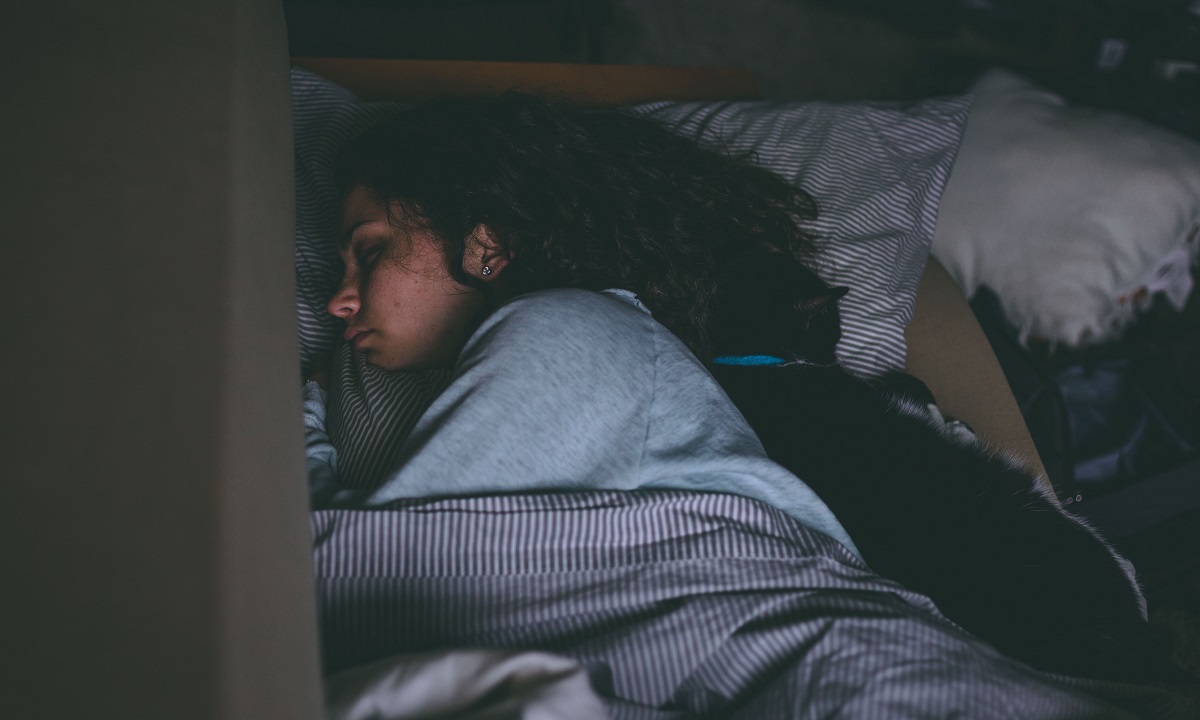Sleeping well should be simple…but it’s not always that way. Recent studies conducted by Fiocruz (Oswaldo Cruz Foundation) show up That up to 72% of Brazilians suffer from sleep-related illnesses, including insomnia.
Difficulty sleeping can lead people to seek tips for sleeping better, or in more serious cases, medication. This is the case with medicines such as zolpidemwhich is addictive, and in excessive doses causes hallucinations.
So the best suggestion is: before resorting to medication – And do this only with medical supervision! Try some of these 10 tips for better sleep. Science has proven its effectiveness for sleep. Let’s go:
lowest room temperature
in Reportage from the site CnetResearcher and sleep doctor Keisha Sullivan recommended keeping the bedroom temperature between 15.5°C to 19.5°C. The reason: The cooler the bedroom, the more comfortable it is under the covers. This will help the body to relax and fall asleep.
Stay out of bed until bedtime
Yes, this is real. The brain associates spaces with actions: we eat in the kitchen, relax in the living room, and sleep in the bedroom. In other words, a good night’s sleep depends on a good night’s sleep pattern from sleeping. Part of this routine is training the body to recognize when it’s a good time to go to sleep. If you spend more time in bed than sleeping, your brain may get confused about the perfect action for that place – and therefore not “turn off” when necessary.
There is time for everything
In order to maintain a routine, Sullivan explains that there needs to be space between the day’s activities and bedtime. Therefore, it is better to follow the order below:
- Stop eating three hours ago
- stop working two hours ago
- Stop using electronics 1-2 hours ago to go to bed
Electronic devices are not particularly recommended for anyone looking to get a good night’s sleep. This is because exposure to blue light from screens in general can suppress melatonin production and thus disrupt sleep.
A hot bath always helps
A hot shower before bed can also be a good idea. And not just because it’s healthy and comforting. Water causes distal vasodilation, which is an increase in blood flow to the extremities. This lowers your core body temperature faster, which is a great sleep inducer.
take deep breath
There are some practices for regulating breathing – and they are all valid. According to Sullivan, any breathing technique can help anyone trying to fall asleep. When in doubt, take a deep, calm breath, with full focus on sucking in and out. Try not to think about anything: the body will gradually begin to relax and sleep will come.
create an environment
Keeping the room airy, playing a sleep podcast (yes, a sleep podcast) or relaxing, and leaving the room as dark as possible helps create an environment conducive to the gentle arrival of sleep. The specialist explained that every form of relaxation is valid.
paper and pen
It is interesting to keep a diary to write thoughts before bed. This will quell racing thoughts, Sullivan said, and is a great habit for setting yourself up for a peaceful sleep.
Sleeping in socks
Non-supporters of socks sleeping may find this idea silly, but according to a sleep doctor, the accessory helps regulate your core body temperature during the night.
“Wearing socks can help distal vasodilation, or increase blood, in the hands and feet, which lowers your core body temperature faster and helps you fall asleep faster,” Sullivan explained.
If you get goosebumps just thinking about it, a good alternative is to just wear socks at the beginning of the night. It is very likely that, with the heat building up, you will be picking at them in your sleep.
Eat protein
Protein-rich foods such as nuts, fish, and eggs are rich in magnesium, an element known to help regulate sleep neurotransmitters. Drinking milk and cherry juice are also good alternatives.
Sleep on your side
According to experts, sleeping on your side is the best sleeping position. It does not indicate sleeping on your back. The reason: When sleeping on your back, your tongue and jaw can retract, blocking your airway and making breathing difficult. This is especially dangerous for people with obstructive sleep apnea, which causes snoring and a feeling of tiredness.

“Wannabe internet buff. Future teen idol. Hardcore zombie guru. Gamer. Avid creator. Entrepreneur. Bacon ninja.”

